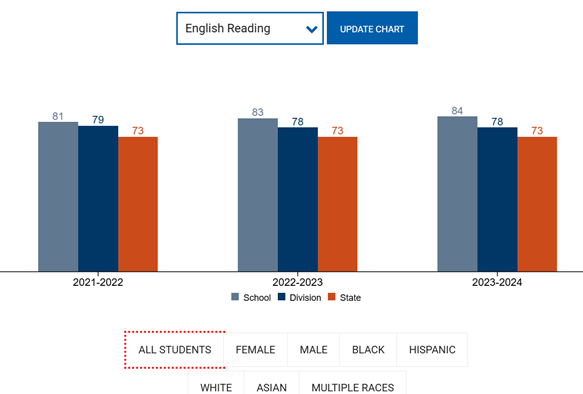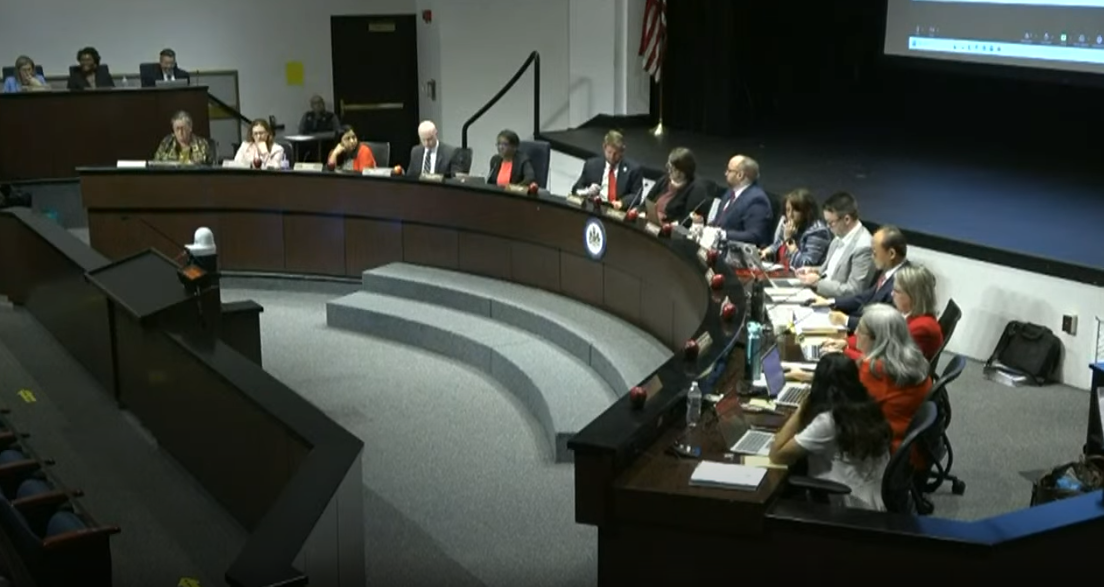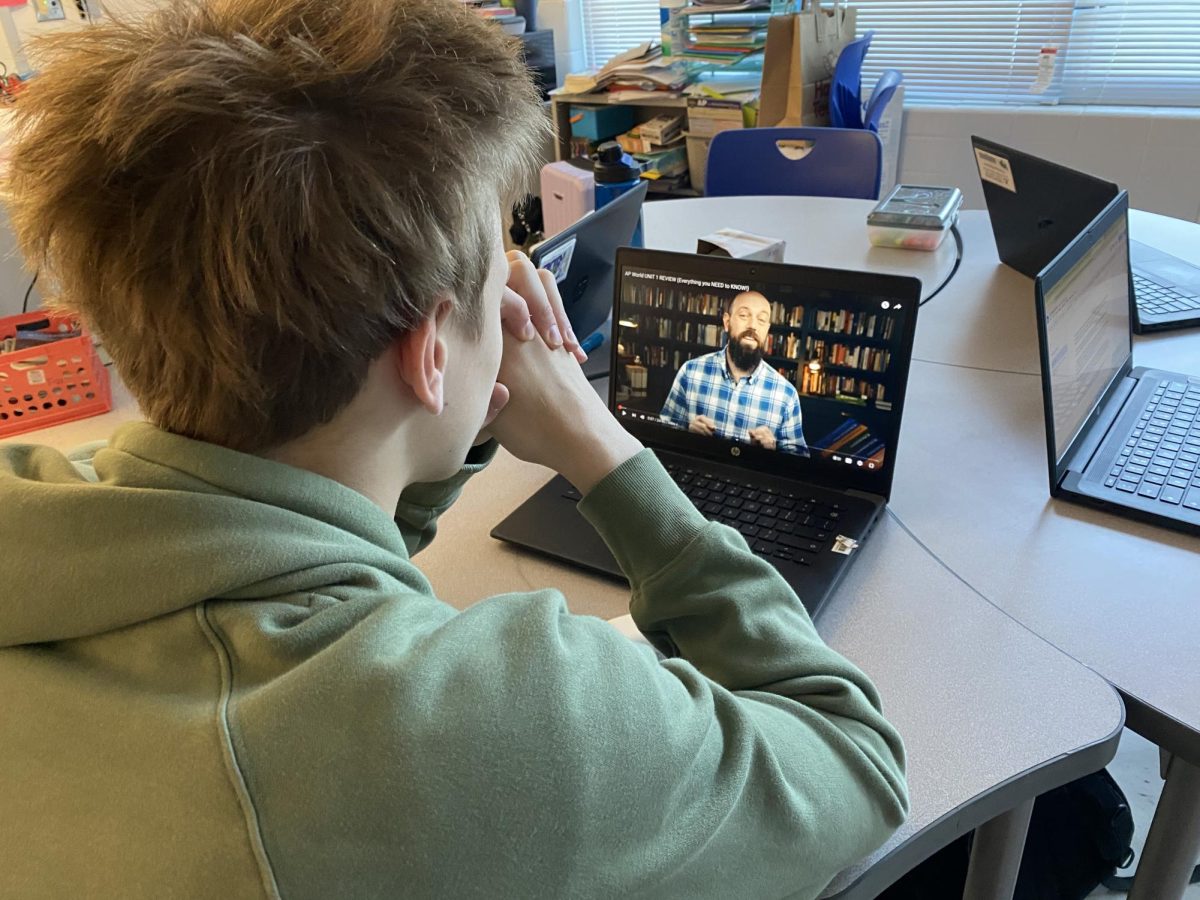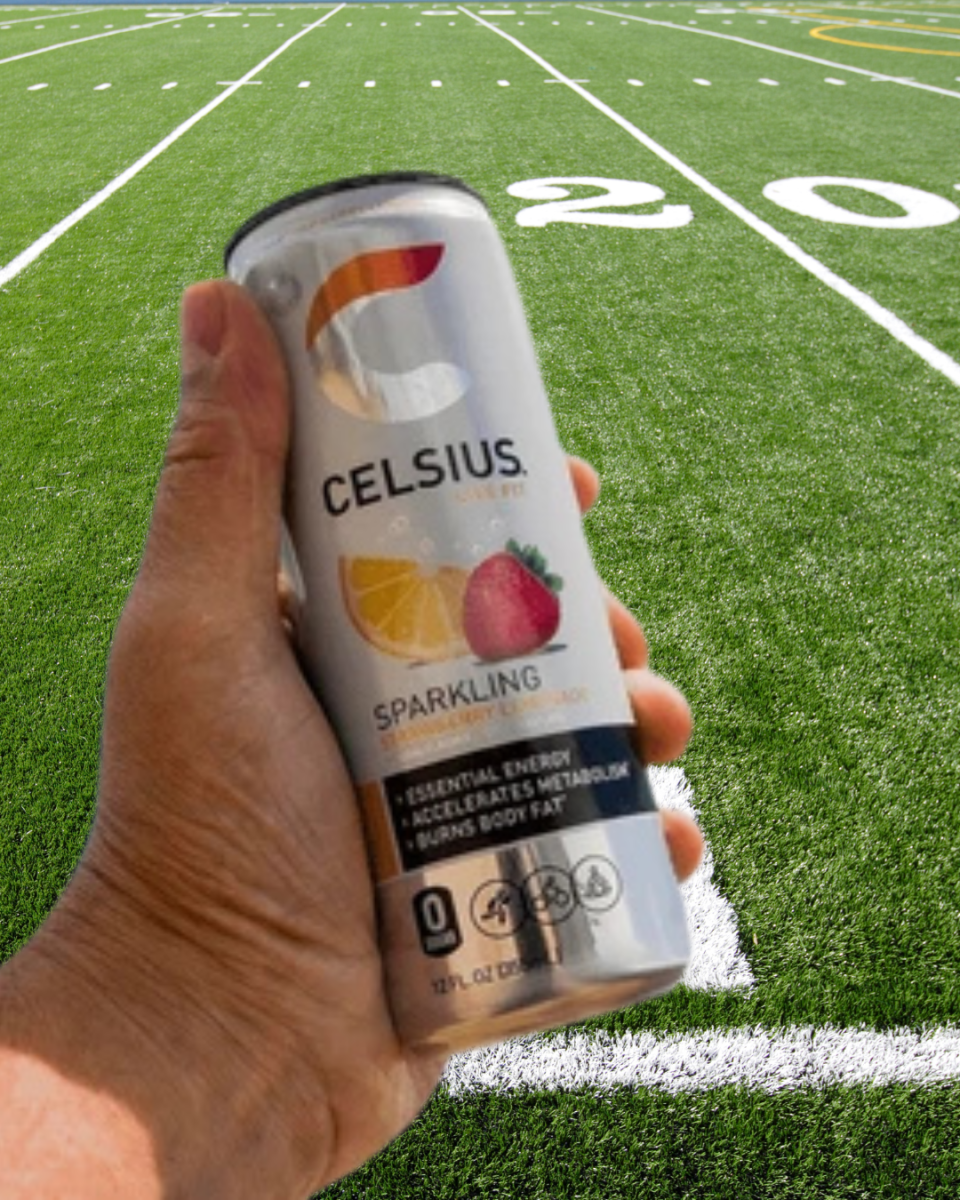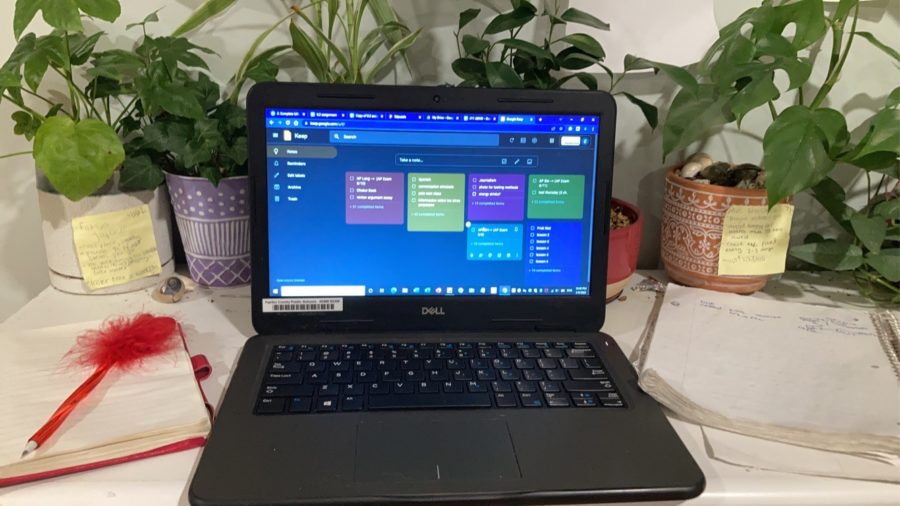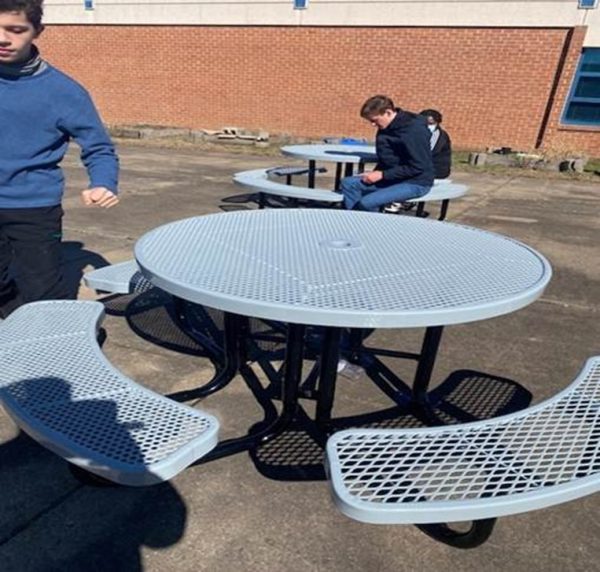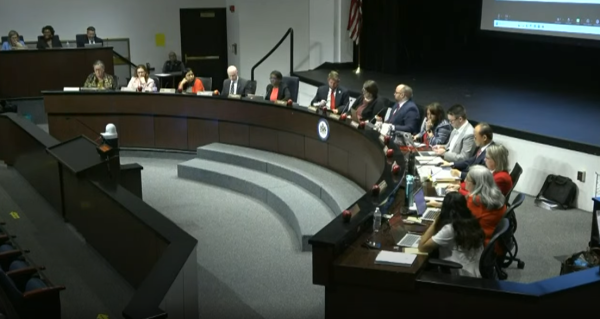Testing Methods to Take Out Stress
The end of the year is on its way, and with it comes the flurry of final exams, AP testing, graduation, prom, summer plans, and quite frankly, it’s incredibly stressful. It seems like there’s not enough time, but also too much time, and you have an incredibly long list of work that just keeps piling up and won’t seem to go away. But, in solidarity with the students of West Potomac, here are some methods to keep you a little bit calmer and a little bit more in control of your life until summer break hits and we’re all free.
Pomodoro Method: The Pomodoro Method was invented by Francesco Cirillo in the early 1990’s as a way to help manage time. Using his kitchen tomato shaped timer, he would set the timer for 25 minutes and then after that timer was up, he would rest for five minutes. After three repeated cycles, he would rest for a longer break for 30-60 minutes. Personally, I found this method extremely useful as the working time was long enough that I felt like I accomplished something, but not too long where I felt like I was too tired to work anymore. 10/10 in my opinion.
Later Lists/Parking Lot Method: As someone who gets distracted super easily, later lists or the parking lot method is a super great way to avoid falling down a rabbit hole for thirty minutes. All you need is a notepad or the notes app on your phone or computer; just a designated space for all of your brain vomit. Anytime you have a thought or a feeling or a distraction that will take you away from your work, write it down in the designated space and come back to it later. For me, I find it helpful because I know I won’t forget my idea, and it’s there for later.
Eisenhower Matrix: The Eisenhower Matrix is useful if you have a lot of things scheduled and find that you have no time to spare. Draw four boxes, labeled “DO”, “SCHEDULE”, “DELEGATE”, and “DELETE.” Put in the “DO” box things that have to get done immediately; the most pressing items on your plate. In the “SCHEDULE” box, put things that are still important, but can wait a day or two, whereas the “DELEGATE” box contains things that need to be done, but they can be given away to other people and don’t need your expertise to continue. Finally, in the “DELETE” box, put everything you cannot do or do not have time for. For instance, if you are planning your week, and you have to study for your AP test that’s tomorrow, the AP test next Wednesday, color coding your closet, and feed your dog, you would put the studying for the AP test tomorrow in the “DO” box, the AP test that’s next Wednesday in the “SCHEDULE” box, feed your dog can go in the “DELEGATE” box, and color coding your closet can be pushed to the “DELETE” box.
To-Done lists: We’ve all heard of to-do lists, but what about to-done lists? Instead of making a list of everything you need to do, make a list of everything you have done, or incorporate the things you have already have done into your to-do lists. That way you can check something off as soon as you start.
Zeigarnik Effect: The Zeigarnik Effect isn’t so much a strategy to help get your work done, but a way to “trick your brain” so to speak into getting work done. The effect is that once you start a project, it is harder to stop doing it. So for example, say you have twenty flashcards that you have to write to review your Spanish verbs. According to the Zeigarnik Effect, as soon as you write one, you will be inclined to write two, then three, and four and so on. So if there’s a really big project you have to work on, start with the intention of only doing a small bit of it. Only do one slide, one flashcard, one sentence and go from there. Your brain will want to continue and you will end up getting more done than you thought you would.
Positive Distractions: Positive distractions are what you do in the time you take breaks between work. If you have been doing something for 25-30 minutes and you’re getting tired of it, get up and walk away from your desk. Take a walk, play with your dog, kick a soccer ball, do something that makes you think about not the work you were just doing. Distract yourself.
Remember the Long Run: All in all, remember that life is so much bigger than you think, and extends so much farther than West Potomac High School. Finals, AP exams, and graduation are all little blips of life that play in a much bigger story that we are all a part of, and even if you do fail this exam or fail this AP test, you are not defined by it. Try your best, work your hardest, and if it all hits the fan, try again next time. This is just one chapter of your life, and there are good things on the horizon.
Carlie Erlandson is currently attending her first year at West Potomac High School as a junior. Fresh from the mountains of Colorado, Carlie has just moved...








